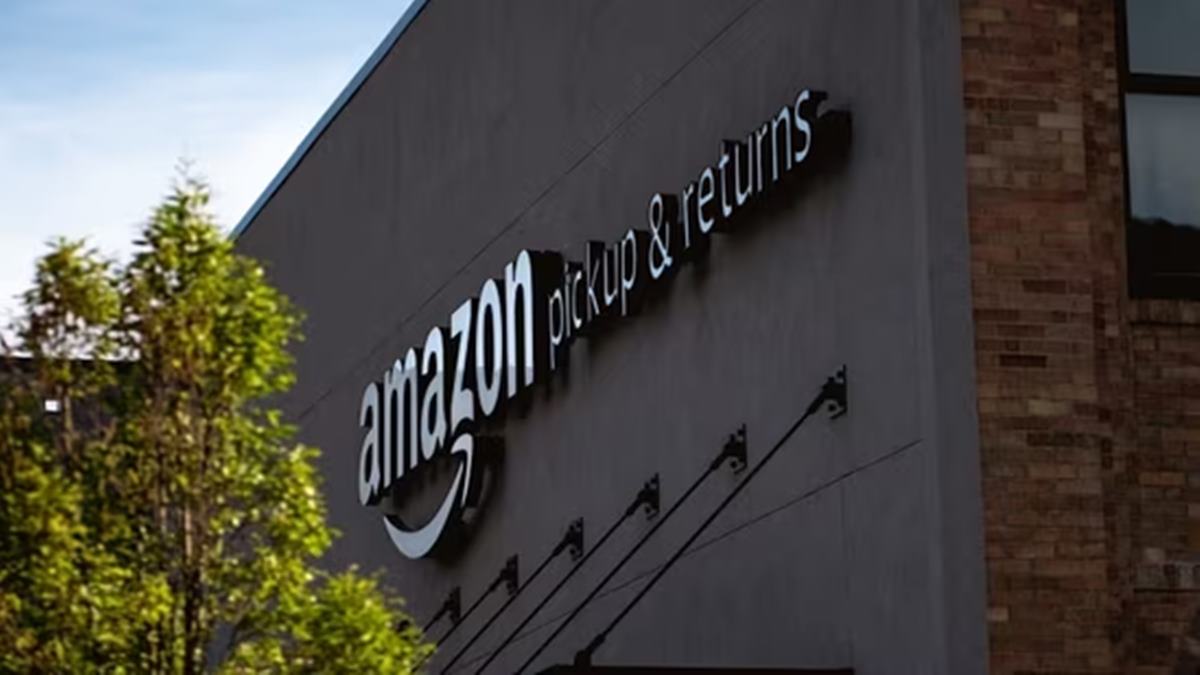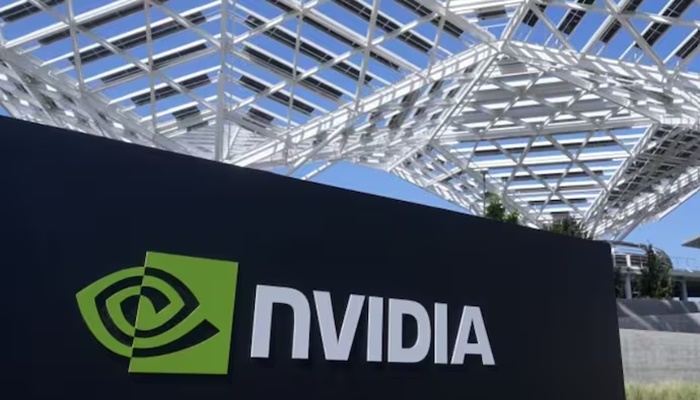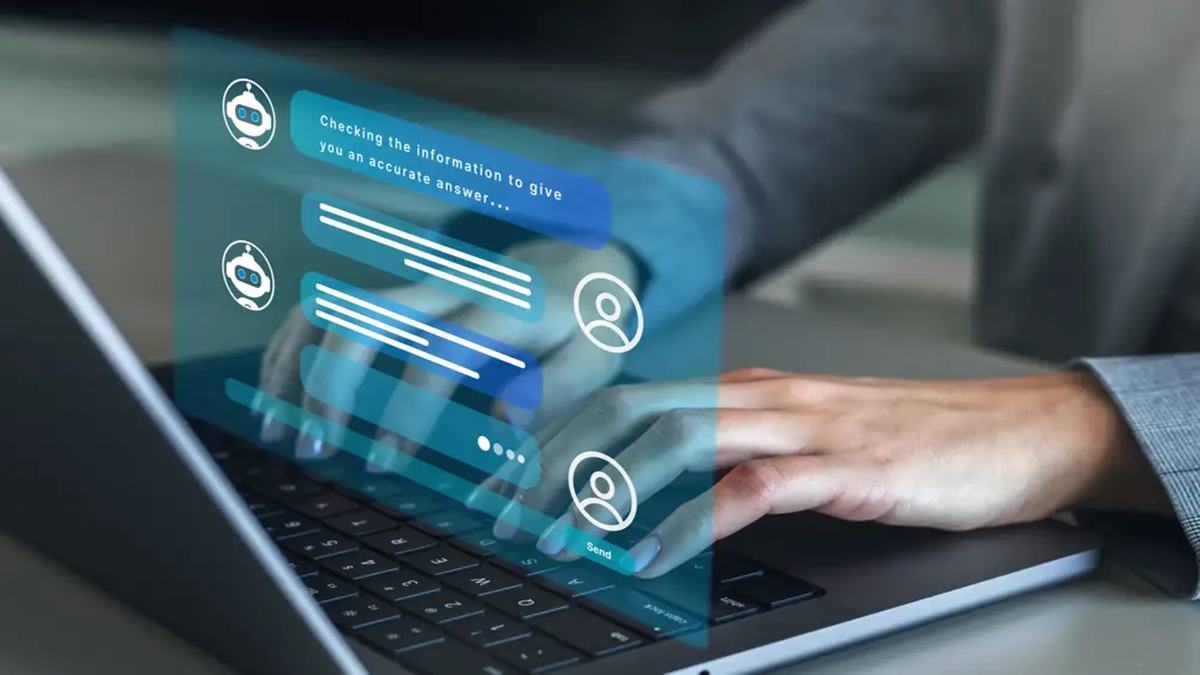Republican voices in Washington have turned their attention to international students after raising the cost of H-1B visas. On Wednesday, Senator Chuck Grassley urged the US Department of Homeland Security (DHS) to stop granting work authorisations to student visa holders.
In a post on X, Grassley wrote, “DHS needs to stop issuing work authorisations to student visa holders who compete against Americans. It’s in direct violation of law and puts USA at risk of tech and corporate espionage. I have sent a letter to DHS Secretary Noem asking her to end work authorisations for foreign student visa holders.”
If acted upon, the proposal would restrict Optional Practical Training (OPT), a programme that lets students work for 12 to 36 months after finishing their studies.
Rising pressure after H-1b visa fee hike
The remarks follow the Trump administration’s recent move to impose a one-time $100,000 application fee on new H-1B visas. The White House has said the charge will not affect renewals or existing visa holders.
David Bier of the libertarian Cato Institute criticised Grassley’s call, writing on X: “This would be even worse than ending the H-1B.”
Indian students most affected
Indian students are expected to feel the sharpest impact. India became the top sender of international students to the US in 2024, with more than 331,000 enrolled, according to the US embassy. Nearly 200,000 of these were graduate students, a 19 per cent rise from the previous year.
But fresh enrolments are already slowing. Data from US Immigration show international student arrivals in July 2025 were well below 2024 levels. New admissions are forecast to fall by about 50 per cent in the autumn term, with Indian students facing a similar drop.
Trump has defended his administration’s approach, arguing that foreign workers suppress wages and displace Americans. US government data show that India accounted for 71 per cent of all H-1B approvals in 2024, making it the biggest user of the programme.
Early signs of change
The uncertainty is already shaping student choices, according to experts.
“The uncertain political environment and visa pause have already caused a reduction in enrolment for Fall 2025, according to preliminary NAFSA data. This could be aggravated by the H-1B visa fee hike as well. We are seeing students prefer other countries that offer good STEM courses, like Germany, while others may decide to defer their admissions till there is more clarity on the matter,” Ankit Mehra, co-founder and chief executive officer of GyanDhan told Business Standard.
He added, “US universities are dependent on international students, as their tuition fees are often two to three times higher than those of domestic students.”
Ritesh Jain, co-founder of LaunchEd, echoed those concerns. “The concern is real. For many Indian students, the value of a US degree is tied not only to education but also to post-study work opportunities through OPT and H-1B. If these pathways shrink, the return on investment looks weaker,” he told Business Standard.
At the same time, he said, the pull of American universities remains strong. “Students need to balance prestige with practicality. We may also see students shifting toward countries like Germany, Canada, or the UK, where clearer post-study options make the investment more secure,” Jain said.
Business Standard poll results on Study in US
Business Standard conducted an online poll to gauge sentiment among Indian students. Nearly 1,200 people voted across five platforms.
X (Twitter): Yes 11.8 per cent, No 88.2 per cent
LinkedIn: Yes 19.3 per cent, No 80.7 per cent
Telegram: Yes 38 per cent, No 62 per cent
YouTube: Yes 16.4 per cent, No 83.6 per cent
Instagram: Yes 22 per cent, No 78 per cent
Overall, 78 per cent said they would not consider studying in the US if there were no OPT and no H-1B pathway, while just 22 per cent said they would still go.




















